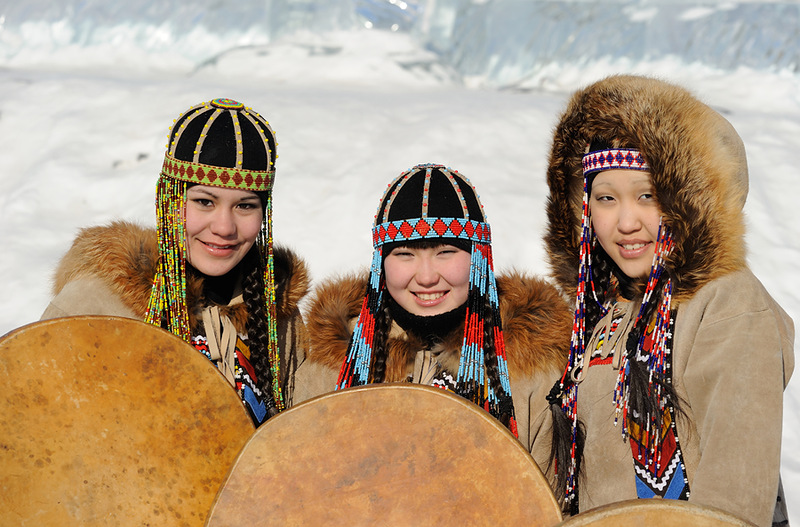 Project manager: Svetlana V. Tulupo, Candidate of Psychological Sciences, Associate Professor of the Department of Genetic and Clinical Psychology, TSU
Project manager: Svetlana V. Tulupo, Candidate of Psychological Sciences, Associate Professor of the Department of Genetic and Clinical Psychology, TSU
Main executives:
- Lada A. Alexandrova, Senior Research Fellow, Positive Psychology and Life Quality Research Team Higher School of Economics, Lomonosov Moscow State University
- Bairma A. Dashieva, PhD., Head of FGBU «Research Institute of Mental Health», Siberian Branch of the Russian Academy of Medical Sciences, Tomsk, Russian Federation
- Kirill V. Istomin, PhD., Senior Research Fellow, Max Planck Institute for Social Anthropology
Abstract:
The purpose of the Project is theoretical understanding and empirical investigation of triple interrelation between resilience, subjective well-being and environmental variables in youth of Siberian urban, rural and nomadic communities Project is designed at the point of intersection between psychology, ethnology, sociology, social geography and ecology. The methodological design of research is developed in line with a positive paradigm in sciences of person and society. It allows us to overcome restrictions of a deficiency discourse in the description of life activity and resilience of the small communities living in regions with the climatic conditions which impede both the personal activity and social infrastructure development. The research issue under resolving is identification of individual and group-specific components contribution into resilience of young people representing small (city, rural and nomadic) communities of Siberia, and their achievement of personally acceptable levels of subjective wellbeing.
The methodological background of research is provided by ideas of positive psychology and cross-cultural anthropology, and empirical techniques corresponding to these approaches. It allows us to focus on personal strengths, potential and resources set by natural social and cultural environment providing the achievement personally acceptable levels of subjective wellbeing.
Steady combinations of life activity, personality resources characteristics and interrelations between them, inherent to young people representing small communities of Siberia will be revealed. We describe such combinations, as a resilience profiles. On the basis of correlation between respondents’ resilience profiles and indicators of their subjective wellbeing the group-specific and individual components of resilience closely connected with indicators of subjective wellbeing will be revealed.
The empirical investigation phase covers more than 1000 young people representing more than 50 small (city, rural and nomadic) communities living in Siberian Federal District including circumpolar territories of the region. List of the variables controlled in this aspect contains the features of lifestyle connected with ethno and sociocultural characteristics of community living, characteristics of natural, social historical, economical and infrastructural conditions. The assessment of character and intensity of interrelation between youth’ resilience profiles and subjective wellbeing levels, and allocation of the corresponding indicators on the basis of multidimensional statistics methods using IBM SPSS Statistics will form the basis for future cross-cultural interdisciplinary researches in the field of resilience and wellbeing of Siberian population including those of longitudinal perspectives.

